Sustainable business is a profitable business. For business owners looking for more reasons to enact sustainability goals, a study by researchers from the Harvard Business School and the London Business School beefs up the business case.
The study followed 180 businesses across a wide range of industries from 1993 to 2011. Half of them had voluntarily instituted sustainability goals while the other half had adopted few to no sustainability practices. The research found that sustainable businesses outperformed traditional businesses over time on several measures from their return on equity and return on assets to their stock market performance.
The high sustainability businesses developed policies addressing the environment and the community, employees and customers, and the products themselves. The businesses adopted policies ranging from energy efficiency plans and considering environmental and social practices when choosing suppliers to diversity and inclusion policies and work-life balance measures. Although the study involved large, publicly-traded corporations, there are implications for businesses of every size.
What did these businesses do differently?
Sustainability practices formed the core of their goals:
Managers’ compensation was tied to meeting sustainability goals such as lower carbon emissions and better energy efficiency.
Suppliers were chosen based on alignment with the company’s environmental and social policies.
Adopted a long-term mindset: High sustainability businesses took a long-term approach to evaluating business decisions, and also gained more in the long run while traditional businesses opted for short-term profitability which sometimes sacrificed future success. High sustainability businesses were willing to put the needs stakeholders over those of shareholders when necessary. And they were rewarded with more long-term investors and less stock market volatility than low sustainability businesses.
Emphasized stakeholder engagement: They developed an engagement process that delivered a win-win situation for the company and its stakeholders. They saw stakeholder engagement not only as a way to avoid risks such as litigation and consumer boycotts, but also as a way to gain new opportunities. Over time, they gained the trust of stakeholders and used it as a competitive advantage.
Measured performance differently:
Emphasized non-financial performance measurement to show their progress in meeting stakeholder expectations.
Maintained transparency in reporting to shareholders and stakeholders alike.
The study found the businesses that outperformed the most tended to have a few characteristics in common:
Their customers were individual consumers (B2C rather than B2B customers).
They outpaced their rivals in industries whose success hinges on branding and reputation.
They tended to depend extensively on natural resources.
What implications does this study have for today’s businesses? Recent polls have shown a surge in consumer demand for sustainable goods. 73% of millennials say they are willing to pay more for these goods and 62% of consumers overall say that brand trust is important to them when making purchasing decisions.
As new data strengthens the business case for sustainable business, our goal at NCBC is to broaden its applications to businesses of every size. If you want to find out more about how you can enhance your business’s sustainability, we invite you to join NCBC to learn more about how sustainability can benefit your business’s success and profitability.


